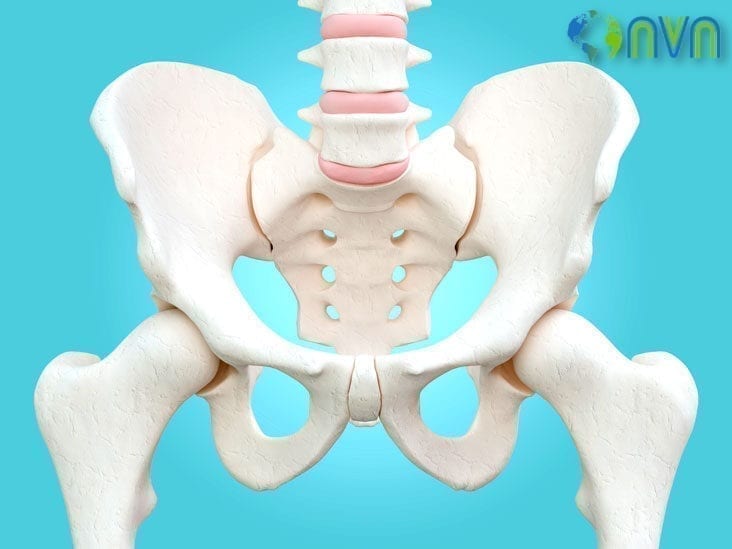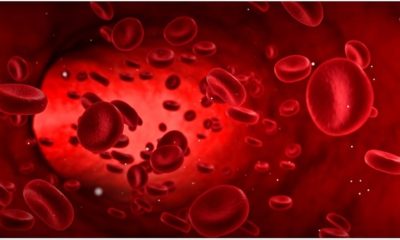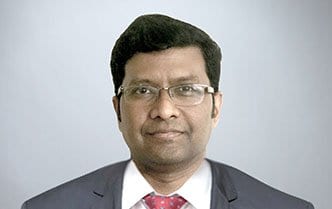Healthy Living
Recovery Tips For Post Bone Marrow Transplant

Cancer, the term itself triggers anxiety, fear, and a sense of disbelief to the person dealing with it. Undergoing cancer treatment can be devastating for the patient and his family members.
However, understanding the different treatment methods and coping up with this is crucial at this point in time. One such awareness required in the cancer treatment is about bone marrow transplant. Bone marrow transplant is a type of procedure that is used when a person’s bone marrow is completely destroyed or damaged by disease, or chemotherapy.
Bone marrow is a vital fatty and spongy tissue inside our bones which helps in the production of red blood cells, that carry oxygen and nutrients, white blood cells, that fight infection, and the formation of platelets, responsible for clotting, in our body.
When bone marrow fails or is involved by cancer, these functions in the body gets halted, leading to this necessary procedure, known as the bone marrow transplant. The process involves transplanting stem cells that travel to the damaged bone marrow, producing new marrow, and forming new blood cells. This procedure is of two types and is totally dependent on the reason behind the transplant.
Types of Bone Marrow Transplant
Autologous Transplants
In this procedure, the affected person’s own stem cells are used. Harvesting of the cells begins even before procedures like chemotherapy and radiation. This method can be followed only if the person has a healthy bone marrow.
Allogeneic Transplants
This procedure involves a donor who has a genetically close match with the patient. If you already have damaged bone marrow, this procedure is opted. The success of this procedure depends on how closely the donor cells match the receiver genetically.
Usually, after a person undergoes this procedure, it can take weeks to months for the complete recovery depending on the immunity of the person. But post the procedure one can follow a few healthy tips which can help in faster and better recovery.
Healthy Tips For Faster Recovery
- Support from family and friends: As it takes time to recover from such a huge procedure, emotional and physical support from loved ones can help a person in faster recovery. With family and friends around, the person will feel positive aiding to a faster recovery.
- You might feel different around you: As your body is undergoing total change, you might feel weak, not hungry, lose the sense of taste, the difference in the way you smell things. These feelings are very normal after a bone marrow transplant because the cells in your mouth, muscles, stomach, and intestines are re-growing. So give yourself the time to get back to normal. Overly forcing yourself to normality will only delay your recovery.
- You are more prone to infections: Keep yourself safe and free from infections. Infections are the biggest hurdle a person will face probably within 2-4 weeks after the transplant. Since white blood cells are under the multiplication process, you will be more prone to bacteria and virus-based infections. So take extra precautions like antibiotics against infections, regular hand wash, maintain distance from sick people, and if required wear a mask when you are in public places.
- Maintain a healthy diet: Avoid smoking and drinking as these habits will only delay your recovery. Consume lean proteins like fish and poultry, other than these dry fruits and whole grains can help you get your lost strength and energy.
- Go for regular checks: Do not skip any of your appointments with your doctor. These medical checks will help you and your doctor understand the rate of your recovery.
- Contact your doctor immediately: If you feel nausea, flushed, sweaty, sudden chills, sneezing, coughing, high temperature, unusual body pain, pain while peeing or pain in your rectum, shortness of breath, blurred vision then contact your doctor immediately. Get yourself admitted if required.
- Post recovery side effects: A bone marrow transplant can lead to many odds leading to lifetime problems like infertility, cataracts, organ damage, relapse of previous cancer, hormonal imbalances. Talk to your doctor and stay informed of these side effects.
With the right support from family and your doctor, you will be on the right path to faster recovery.
By Dr. Satish Kumar A, Clinical Haematologist, and Hemato-oncologist, Columbia Asia Referral Hospital Yeshwanthpur.

































